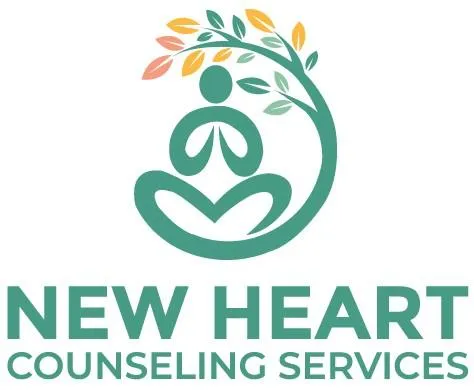Internal Family System (IFS) Therapy
We provide evidence-based therapy to help you overcome life's challenges and improve your mental health.
What is IFS Therapy?
IFS therapy, or Internal Family Systems therapy, is a powerful and increasingly popular form of psychotherapy developed by Dr. Richard C. Schwartz. It’s based on the idea that the mind is made up of multiple “parts” or sub-personalities, and that we all have a core Self that can lead these parts with compassion and wisdom.
PARTS
We all have many inner parts, each with its own feelings, thoughts, and roles.
Parts are not pathological—they exist to protect us.
They often fall into three categories:
Managers: Try to keep us safe and in control (e.g., perfectionism, people-pleasing).
Exiles: Hold painful memories, emotions, or trauma (e.g., shame, fear).
Firefighters: React when exiles are triggered, often with impulsive or numbing behavior (e.g., binge eating, addiction).
SELF
The Self is our core: calm, curious, compassionate, confident, connected, creative, courageous, and clear.
IFS aims to help the Self lead the internal system.
Healing through Relationship:
The goal is not to eliminate parts, but to get to know them, unburden them, and restore balance.
Parts are often stuck in extreme roles because of past wounds. When they're witnessed and understood, they can transform.
IT'S FOR YOU
It’s non-pathologizing, because no part of you is “bad.”
It honors the complexity of your inner world.
It’s used for trauma, anxiety, depression, self-esteem, addictions, and more.
It helps you become more self-led, emotionally integrated, and empowered.
Request an Appointment

We provide evidence-based therapy to help you overcome life's challenges and improve your mental health.
GET IN TOUCH
REGULAR APPOINTMENTS
Mon 11:00 am – 06:00 pm
Tue 11:00 am – 06:00 pm
Wed 11:00 am – 06:00 pm
Thu 11:00 am – 06:00 pm
Fri By Appointment
Sat By Appointment
Sun By Appointment
Copyright © 2025 New Heart Counseling - All Rights Reserved.

WHO WE ARE
We Are The Best Support for You
Our clinic largest private mental health partnership, with a carefully selected nationwide team of Psychiatrists, Psychologists and Psychotherapists. We only work with highly experienced and capable partners who share our values.
WHAT WE OFFER FOR YOU
Therapies & Treatments

30+
Years of Experience

154
In-House Doctors

45+
Medical Branches

1510
Successesful Therapy
ONLINE SESSION
Get a Counselling Right Now
Our clinic largest private mental health partnership, with a carefully selected nationwide team of Psychiatrists, Psychologists and Psychotherapists. We only work with highly experienced and capable partners who share our values.

WE HAVE BEST TEAM
Meet Our Spesialists
We think it’s really important that clinicians have a mixture of clinical skill and human qualities that mean you can place your trust in them. We interview every potential partner in person before we agree to work with them, as well as carrying out rigorous background checks.






